Global Engagement Seminar's Jarislowsky Fellows are selected by the Director in consultation with the Steering Committee and Advisory Council. The Fellows work collaboratively with the Coordinator and teaching faculty/researchers in order to facilitate the problem-based projects that students will be working on through the term.
As facilitators and resident experts, Jarislowsky Fellows play key roles in the success of the Global Engagement Seminars. In their exploration of innovative ideas and potential solutions for global problems, Fellows are tasked with sharing their expertise and community-based experiences as advocates, activists and practitioners – in the classroom and the community. They are expected to take an active role in facilitating the Global Engagement seminars in direct collaboration with the faculty; to participate in the Annual Global Engagement Summit, normally held at the end of the teaching term, where the students will be presenting their projects; and to facilitate as well as promote wider discussions on the global issues under examination. While local residency is not required, we do expect fellows to immerse themselves in and to be available to engage with the greater University community during their appointment.
Meet your Jarislowsky Fellows!
Mukelabai Ndiyoi
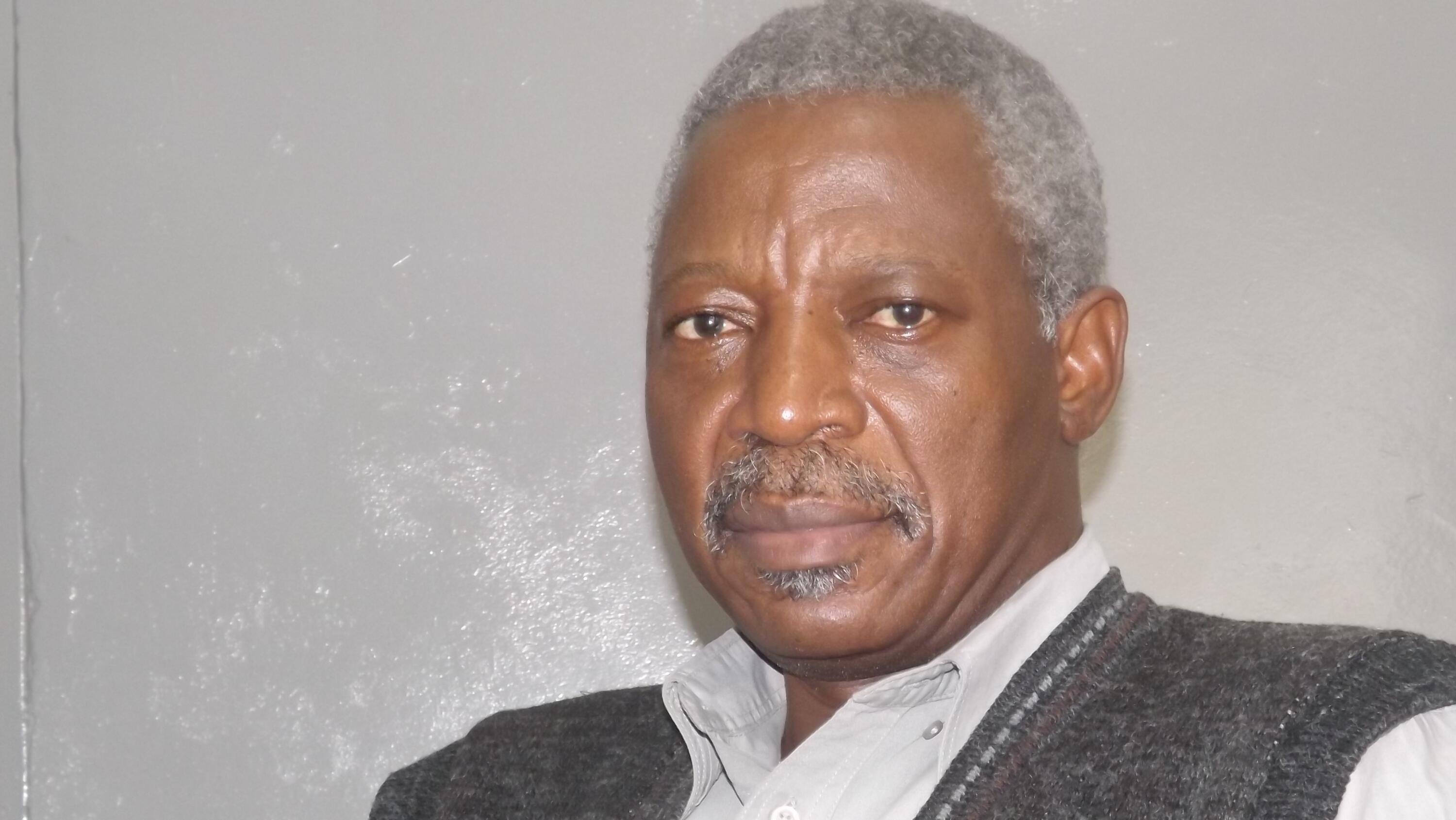
Mukelabai Ndiyoi is a graduate in agronomy with a minor in farming systems research and Rural Development from the University of Florida. He worked in the Adaptive Research Planning Team which was part of an East and Southern African network promoting research to improve smallholder productivity. He is a founding member of the Farming Systems Association of Zambia and a former President of the regional South African Association of Farming Systems Research and Extension.
Mr. Ndiyoi has experience working with national governments, research trusts, NGOs, development projects, and UN agencies. His work in Zambia and the Southern African Development Community (SADC) region has included management of agricultural research programs at provincial and national levels. He was an international expert in charge of strengthening Farming Systems Research in Mozambican Research Institutes and responsible for the Agricultural Services component in the Niassa Agricultural Development Programme in Mozambique. His work has taken him to several countries in Southern Africa where he has advised national departments of agriculture.
Dawn Martin-Hill
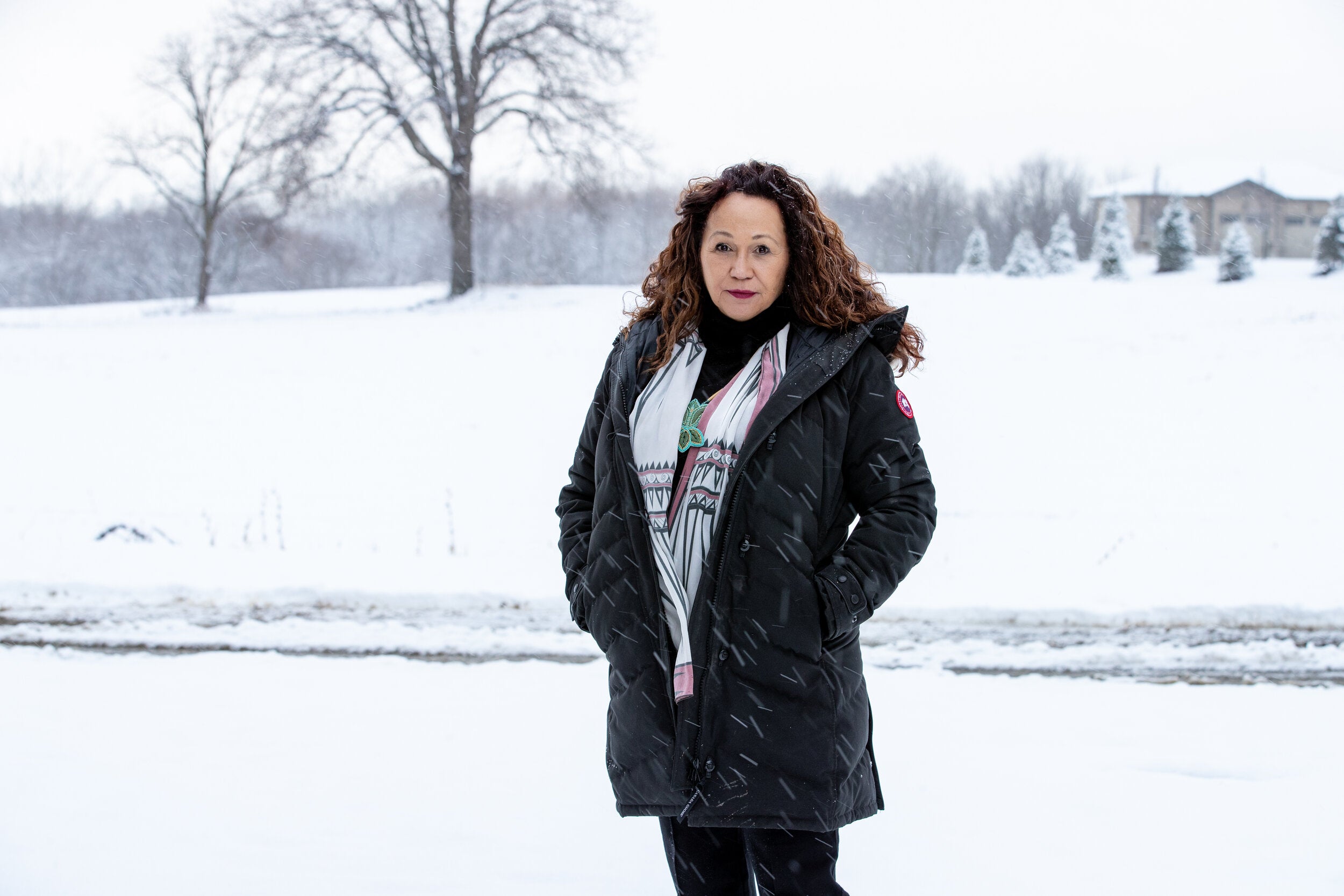
Dawn Martin-Hill is Mohawk and resides at Six Nations with her family. She was the first Indigenous cultural anthropologist in Canada and continues to break barriers in education and research. She founded the Indigenous Studies Program at McMaster University as a graduate student 1992 and a recipient of a Canada U.S Fulbright Award. Her work with Elders from across Turtle Island since 1990 has influenced her development of Indigenous knowledge in academia and research. She is a longtime advocate of Indigenous knowledge within her university, including securing federal tri-council funding, and peer-reviewed funding of Indigenous knowledge and ways of knowing research.
Martin-Hill's primary research over three decades is working with community, women, environment and developing capacity with youth. Her current research includes Haudenosaunee access to clean water, traditional ecological knowledge and creating bilingual tools (apps, virtual reality, water sensors, Indigenous mapping, learning platforms, film, art) to increase capacity in water monitoring and governance in her community of Six Nations. Her specific research interests in traditional knowledge naturally highlights solutions in improving quality of life through attention to environmental health, gender, governance, and Indigenous knowledge.
Edward Struzik
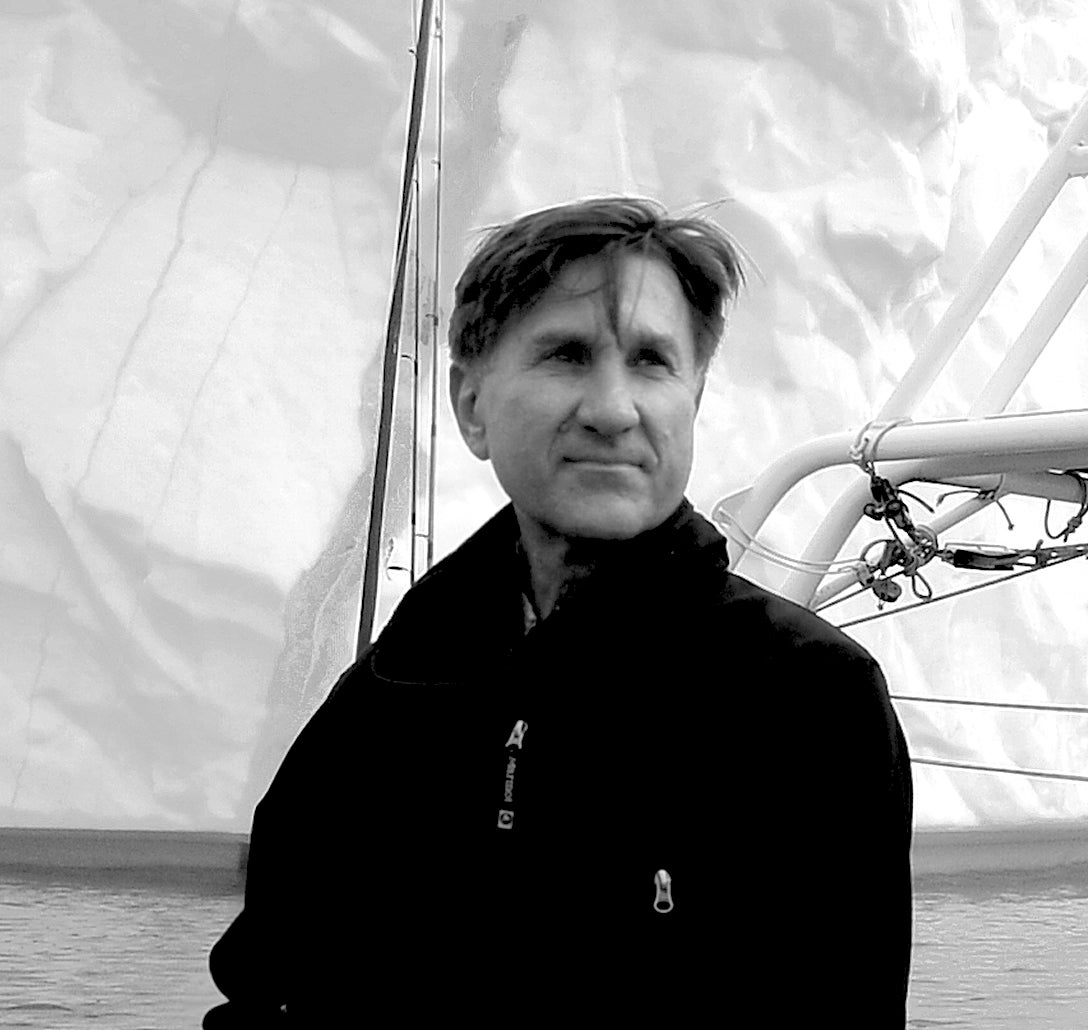
Edward Struzik is an award winning writer, educator and a fellow at the Institute for Energy and Environmental Policy in the School of Policy Studies at Queen’s University in Kingston, Ontario. For the past thirteen years, he has been a regular contributor to Yale Environment 360.
His many other articles and essays have appeared in newspapers such as the Los Angeles Times, The Globe and Mail, National Post, and Toronto Star; in magazines such as The Walrus and National Geographic; and in journals such as the Literary Review of Canada and Foreign Policy Review. He was recently featured in the National Geographic documentary, The Last Ice, and in the U.S. National Science Foundation-sponsored documentary Frozen Obsession. Mr. Struzik has also received several awards and honours such as the Atkinson Fellowship in Public Policy and the Michener Deacon Fellowship, and has been invited to make many keynote presentations for prominent groups such as the US Forest Service, the Conference Board of Canada.
Monica Lewis-Patrick
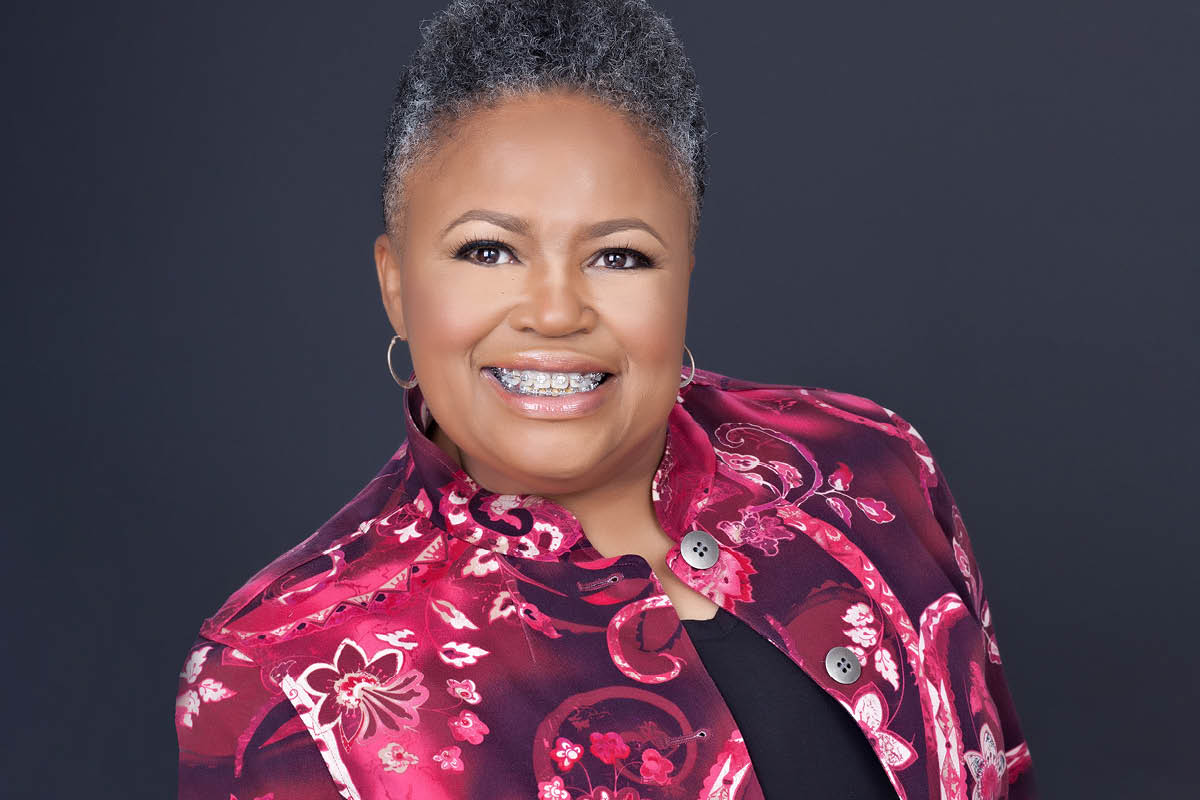
Monica Lewis-Patrick is actively engaged in the struggle for access to safe, affordable water for all under-resourced communities. She currently serves as a member of several organizations, boards, and committees dedicated to the advancement of water equity, including the National Water Affordability Table, All About Water/Freshwater Future - Subcommittee, PolicyLink- Water Energy Resource Caucus (WERC), Michigan Water Unity Table, End Water Poverty, and Healing Our Waters/Equity Advocacy and Action Committee. In October of 2015, she was named to the World Water Justice Council. In 2019 she was appointed to the International Joint Commission (IJC) Great Lakes Water Quality Advisory Board, and she received an appointment to the Michigan Advisory Council on Environmental Justice by Gov. Whitmer.
As a former Lead Legislative Policy Analyst for Detroit City Council, Monica has authored legislation, conducted research, and delivered constituency services to thousands of city residents. Lewis-Patrick attended the historic Bennett College. She is a graduate of East Tennessee State University with a Bachelor's degree in Social Work and Sociology and a Masters of Arts of Liberal Studies degree with a concentration in Criminal Justice/Sociology and Public Management. She has also received the honor of being selected as a Michigan State University Water Fellow and Ron McNair Scholar.
Lewis-Patrick is known throughout the environmental justice community as The Water Warrior. She is an educator, entrepreneur, and human rights activist/advocate. Along with the other four founders of We the People of Detroit (WPD), and with the leadership of volunteers and community experts, Lewis-Patrick placed herself and WPD at the forefront of the water justice struggle in Michigan, across the U.S. and globally.
Kelsey Leonard
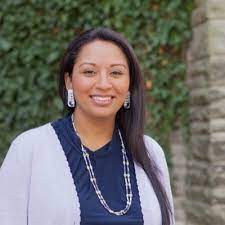
Dr. Kelsey Leonard is an Associate Professor in the Faculty of Environment and a Canada Research Chair in Indigenous Waters, Climate and Sustainability. She received an BA in Sociology and Anthropology with honors from Harvard University, a MSc in Water Science, Policy and Management from the University of Oxford, a JD from Duquesne University, and PhD in Political Science from McMaster University. She has been recognized as a 30 under 30 world environmental leader by the North American Association for Environmental Education and a “Native American 40 Under 40” award recipient by the National Center for American Indian Enterprise Development. Her doctoral dissertation examined Indigenous water governance in the Great Lakes.
For her research, she was also awarded one of the most prestigious postdoctoral awards in Canada, the Banting Postdoctoral Fellowship. She has been instrumental in safeguarding the interests of Indigenous Nations for environmental planning and builds Indigenous science and knowledge into new solutions for water governance and sustainable oceans. In collaboration with a global team of water law scholars, Dr. Leonard has published in Lewis and Clark Law Review on Indigenous Water Justice and the defining international legal principle of self-determination under the United Nations Declaration on the Rights of Indigenous Peoples.
Futuru Tsai
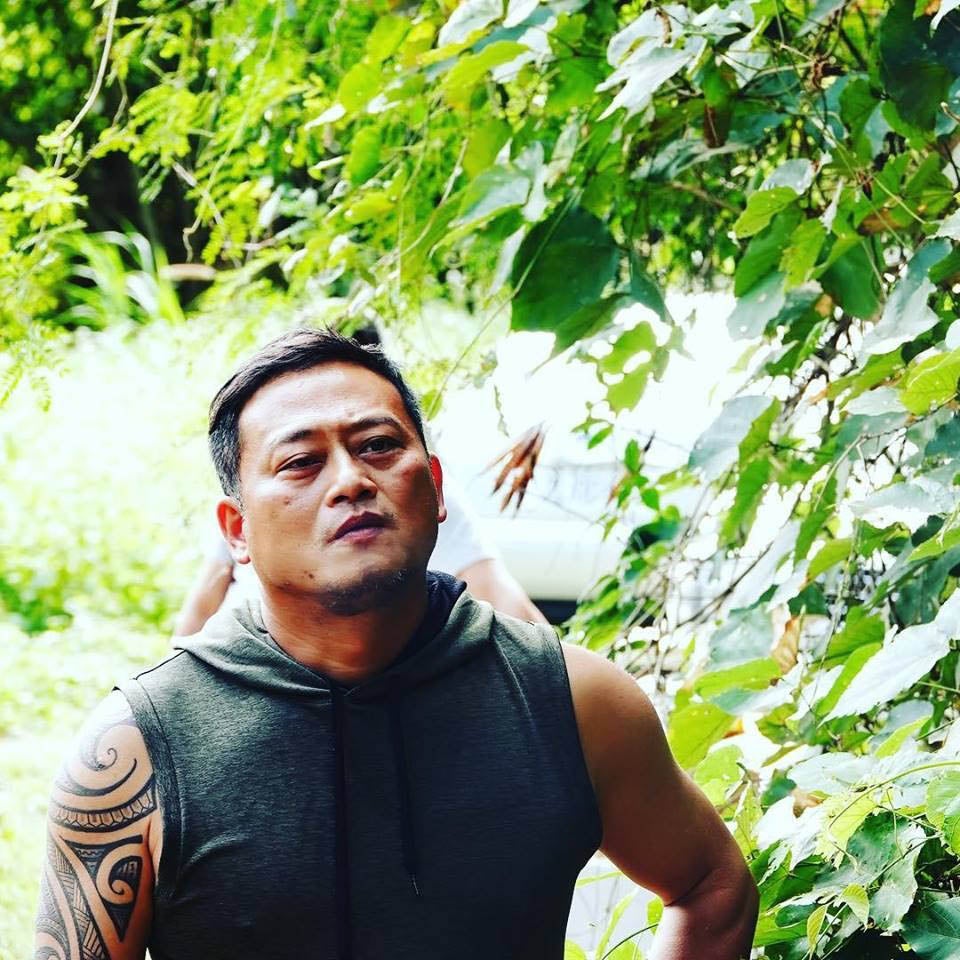
Futuru Tsai is an anthropologist and filmmaker. He is also age-set leader and General Secretary of the A'tolan Amis indigenous community living on the eastern shore of Taiwan. The marine area, tidal flats and coastal ocean are central to A’tolan society and sovereignty. He is interested in how traditional ecological knowledge can support both marine conservation and traditional cultural practices such as spearfishing. Dr. Tsai is associate professor at National Taitung University in Taiwan. Futuru's research interests are Visual Anthropology, Historical Anthropology, Ritual and Performance, 'Amis People, Taiwan Indigenous War Experiences during the Pacific War (PNG), Indigenous Social Movements, and Maritime Culture among 'Amis People.
He has published two books focusing on Anthropology and the Indigenous war experiences in PNG from 1943 to 1945. He also has published several award-winning documentaries. Currently, he is making a documentary on underwater spearfishing men among 'Amis Indigenous people in eastern Taiwan titled "Breathing Between."